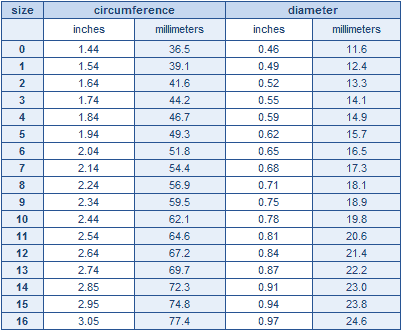This high quality handcrafted 14k gold Ancient Greek ring is part of the Basileus collection, named after the word for "King" in Greek. The style is inspired by the authentic Ancient Greek royal jewelry on display at the Greek National Museum, while the mounted coin is a weathered Tetradrachm* circa 125 BC to 85 BC -- a true artifact! The coin has Alexander the Great on the front. The underside of the coin is slightly visible through a small hole that is cut out of the gold ring.
This ring fits a size 10.
Imported from Greece.
14k Gold (585 Stamp), Tetradrachm Coin
Gross Weight (coin and mounting) Approx. 8 grams
Ring Front Approx. 18mm (.79 in) diameter
Ring Band Approx. 3mm (.12 in) height
How to find your ring size: Wrap a string around your finger one time and measure the length. Find the measurement in the size chart under circumference.

* Tetradrahm Silver Coin
The front side of the ancient Tetradrahm Silver Coin has the Head of the deified Alexander the Great right wearing horn of Ammon struck in high relief. On the reverse side of the ancient coin is an image of the helmeted goddess Athena Nikephoros. On the reverse side is ΒΑΣΙΛΕΩΣ ΛΥΣΙΜΑXΟΥ and KA monogram. Helmeted goddess Athena Nikephoros enthroned on the left. She has her right hand extended and is holding winged Nike, who is crowning Lysimachus' name. Athena is leaning on a shield below her which is propped against the throne. A transverse spear is visible in the background.
History
Alexander the Great, (Greek: Ἀλέξανδρος ὁ Μέγας or Μέγας Ἀλέξανδρος) was an Ancient Greek king (basileus) of Macedon. Born in 356 BC, Alexander succeeded his father Philip II of Macedon to the throne in 336 BC, and died in Bablyon in 323 BC at the age of 32.
Alexander was one of the most successful military commanders of all time and it is presumed that he was undefeated in battle. By the time of his death, he had conquered the Achaemenid Persian Empire, adding it to Macedon's European territories; according to some modern writers, this was much of the world then known to the ancient Greeks (the 'Ecumene'). His father, Philip, had unified most of the city-states of mainland Greece under Macedonian hegemony in the League of Corinth. As well as inheriting hegemony over the Greeks, Alexander also inherited the Greeks' long-running feud with the Achaemenid Empire of Persia. After reconfirming Macedonian rule by quashing a rebellion of southern Greek city-states, Alexander launched a short but successful campaign against Macedon's northern neighbours. He was then able to turn his attention towards the east and the Persians. In a series of campaigns lasting 10 years, Alexander's armies repeatedly defeated the Persians in battle, in the process conquering the entirety of the Empire. He then, following his desire to reach the 'ends of the world and the Great Outer Sea', invaded India, but was eventually forced to turn back by the near-mutiny of his troops.